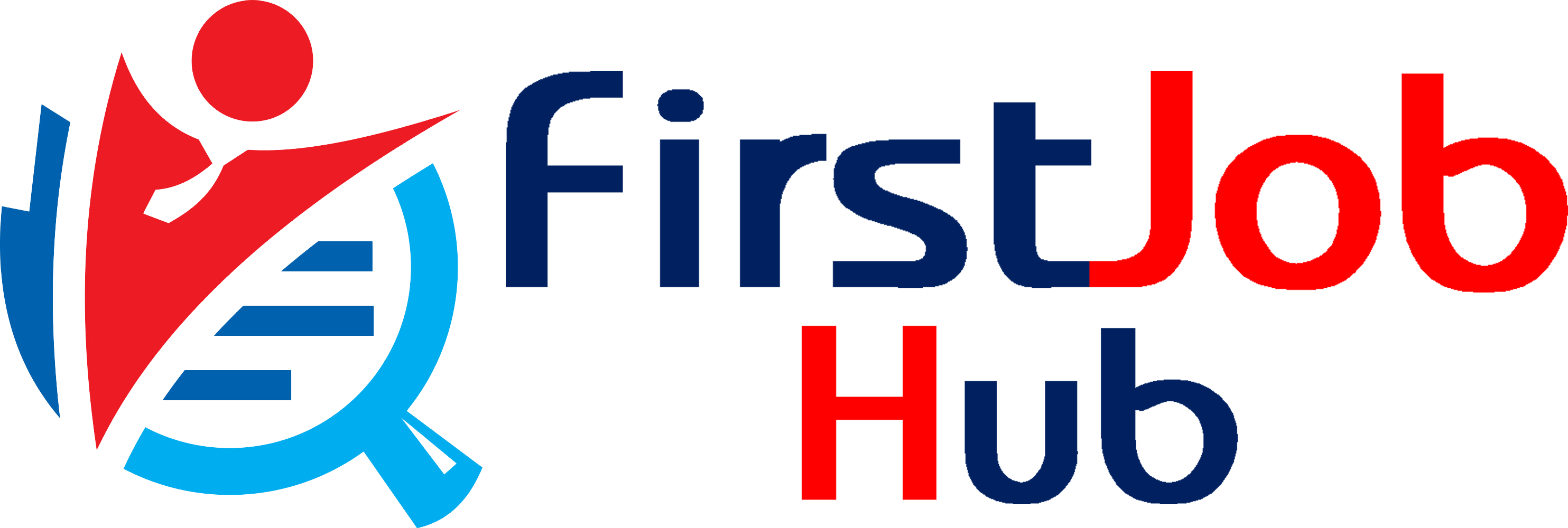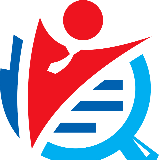
Job interviews are a critical opportunity to showcase your qualifications and personality. One common question that often arises is, "What are your strengths and weaknesses?" Preparing for this question not only demonstrates self-awareness but also highlights your ability to adapt and grow. Here's a comprehensive guide to discussing 39 strengths and weaknesses effectively during an interview.
Strengths to Highlight
When discussing strengths, focus on qualities that align with the job description and demonstrate your value to the organization. Here are some examples:
Top Strengths for Interviews
- Adaptability – Ability to thrive in changing environments.
- Collaboration – Excelling in teamwork and contributing to group success.
- Problem-Solving – Finding creative solutions to challenges.
- Leadership – Guiding and motivating teams toward goals.
- Work Ethic – Commitment to producing high-quality work.
- Communication Skills – Clear and effective verbal and written communication.
- Time Management – Meeting deadlines and prioritizing tasks.
- Technical Expertise – Proficiency in tools, software, or industry-specific skills.
- Resilience – Ability to stay focused and productive under pressure.
- Critical Thinking – Making informed and strategic decisions.

Weaknesses to Address
Acknowledging weaknesses shows humility and a willingness to grow. The key is to present weaknesses in a way that demonstrates self-awareness and proactive efforts to improve.
Common Weaknesses and How to Frame Them
- Perfectionism – Striving for high standards, sometimes at the cost of time.
"I’ve learned to balance perfectionism by setting realistic deadlines and focusing on priorities." - Public Speaking – Nervousness in front of large groups.
"I’ve been attending workshops and practicing presentations to build confidence." - Delegation – Preferring to take on tasks yourself.
"I’m working on trusting my team and delegating tasks effectively." - Impatience – Wanting tasks to be completed quickly.
"I’ve been learning to pace myself and be patient with complex processes." - Lack of Experience in a Specific Skill – Missing knowledge in an area.
"While I don’t have extensive experience with [skill], I’m currently taking a course to develop my proficiency."
How to Discuss Weaknesses
- Be honest but professional.
- Focus on how you’re actively working to improve.
- Avoid mentioning weaknesses that are essential for the role.
Example:
"I’ve realized that public speaking is an area where I can improve. To address this, I’ve been volunteering to lead small team meetings and attending workshops to build my confidence."
Why This Question Matters
Employers ask about strengths and weaknesses to gauge your:
- Self-awareness – Do you understand your capabilities and areas for growth?
- Honesty – Are you transparent and authentic?
- Growth mindset – Do you take steps to improve yourself?
Tips for Success
- Prepare in Advance: Reflect on strengths and weaknesses before the interview.
- Align with the Role: Tailor your examples to the job description.
- Show Growth: Emphasize progress and learning.
- Be Positive: Even weaknesses should have an optimistic angle.
By approaching this question with preparation and confidence, you can turn it into an opportunity to leave a strong and lasting impression.



